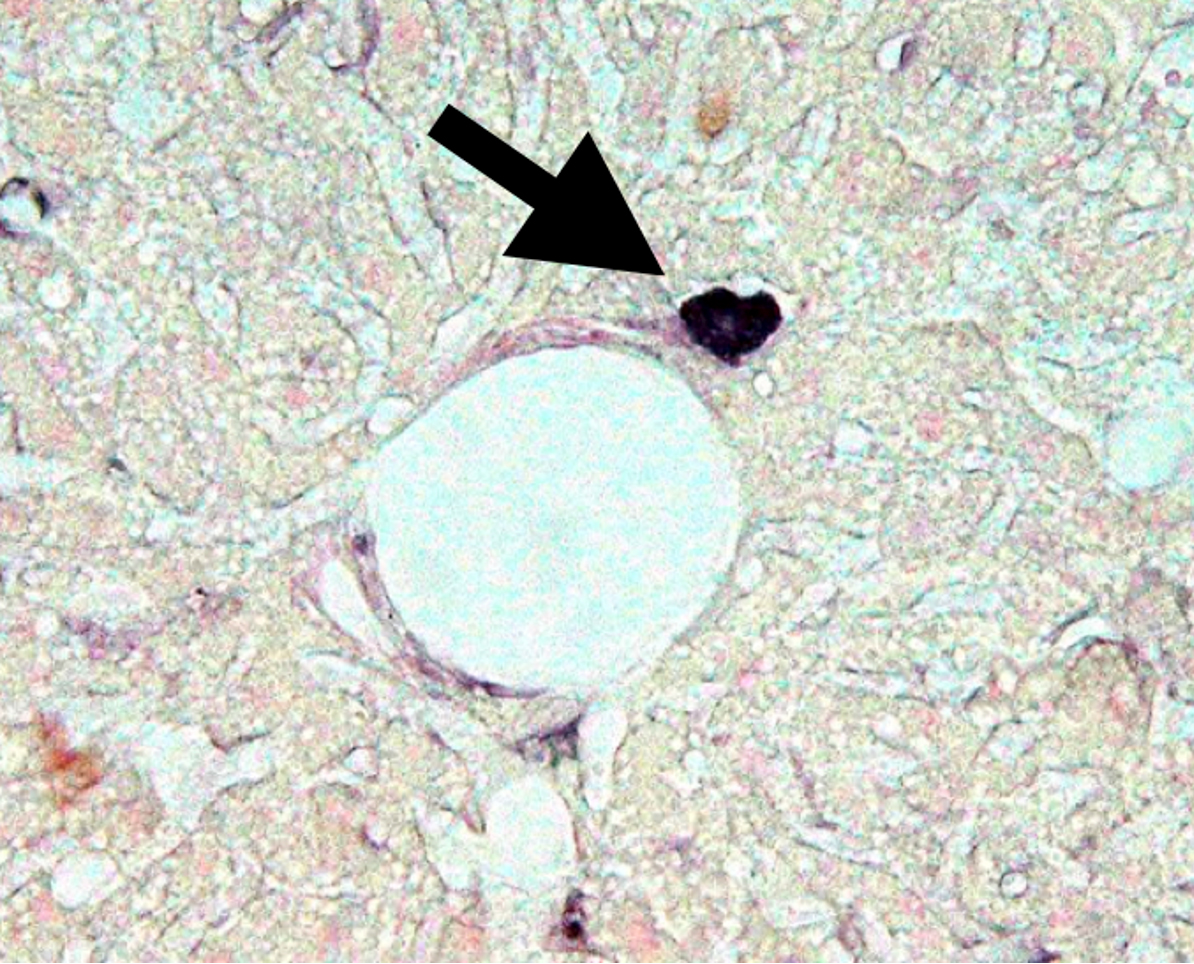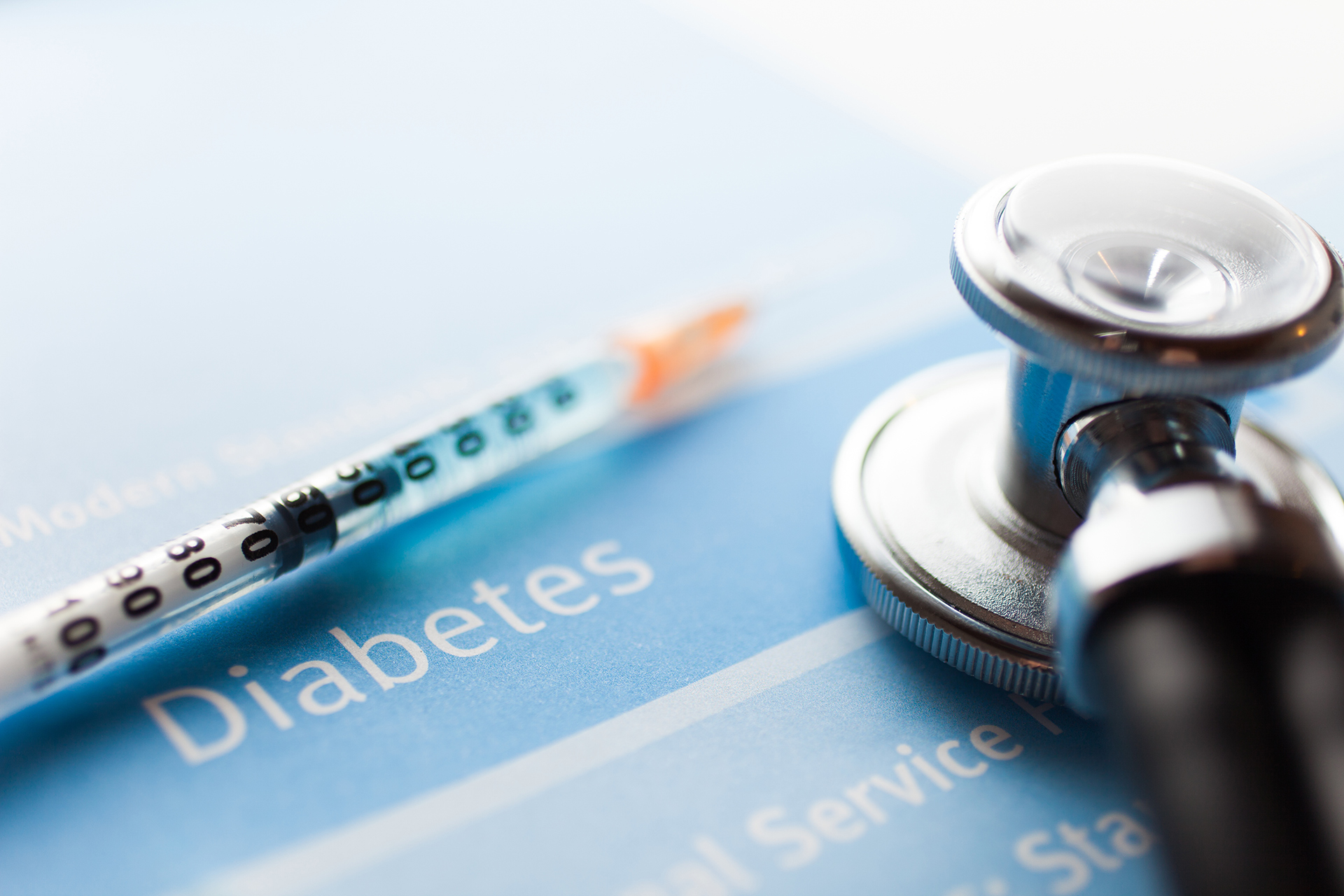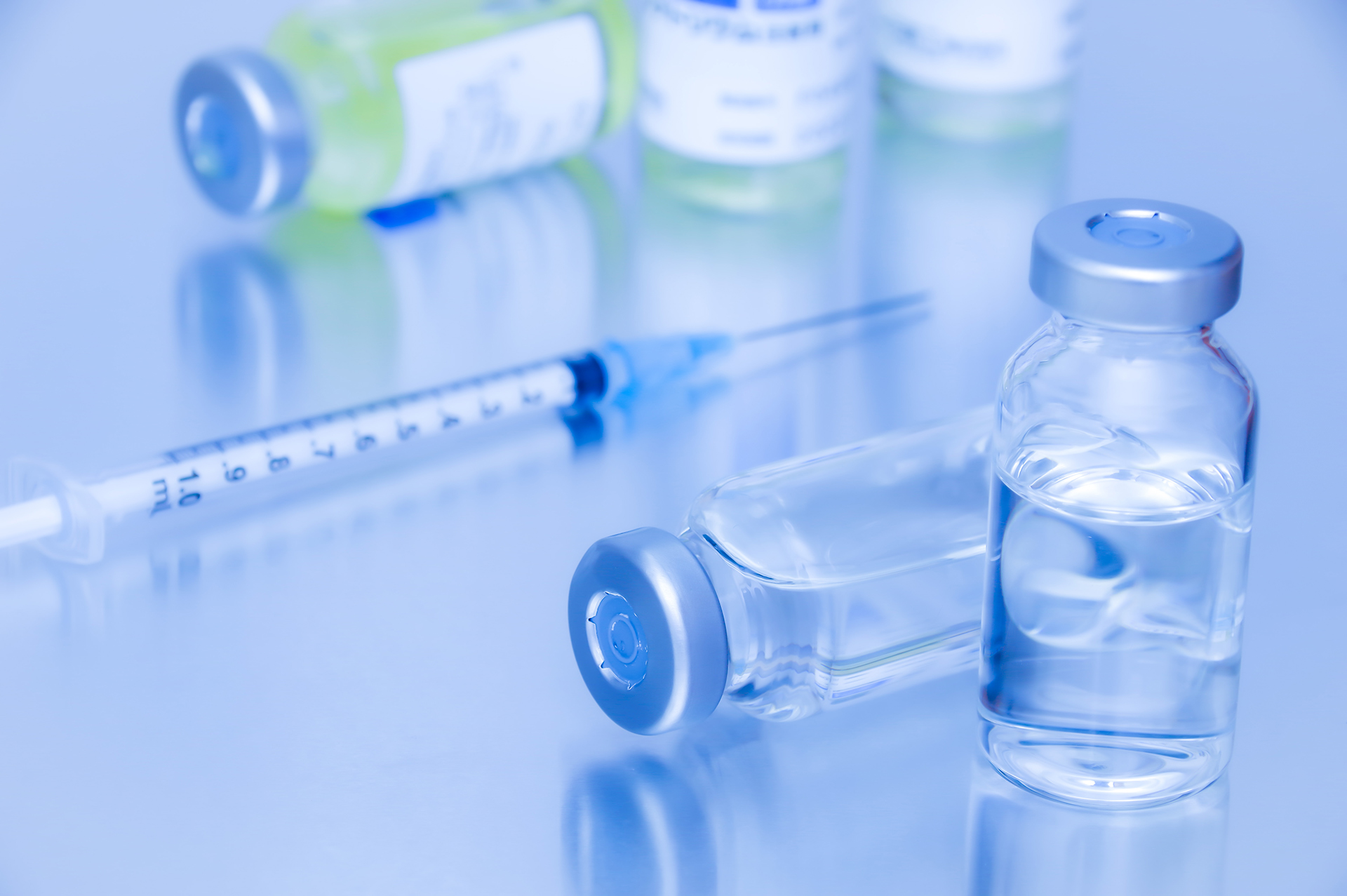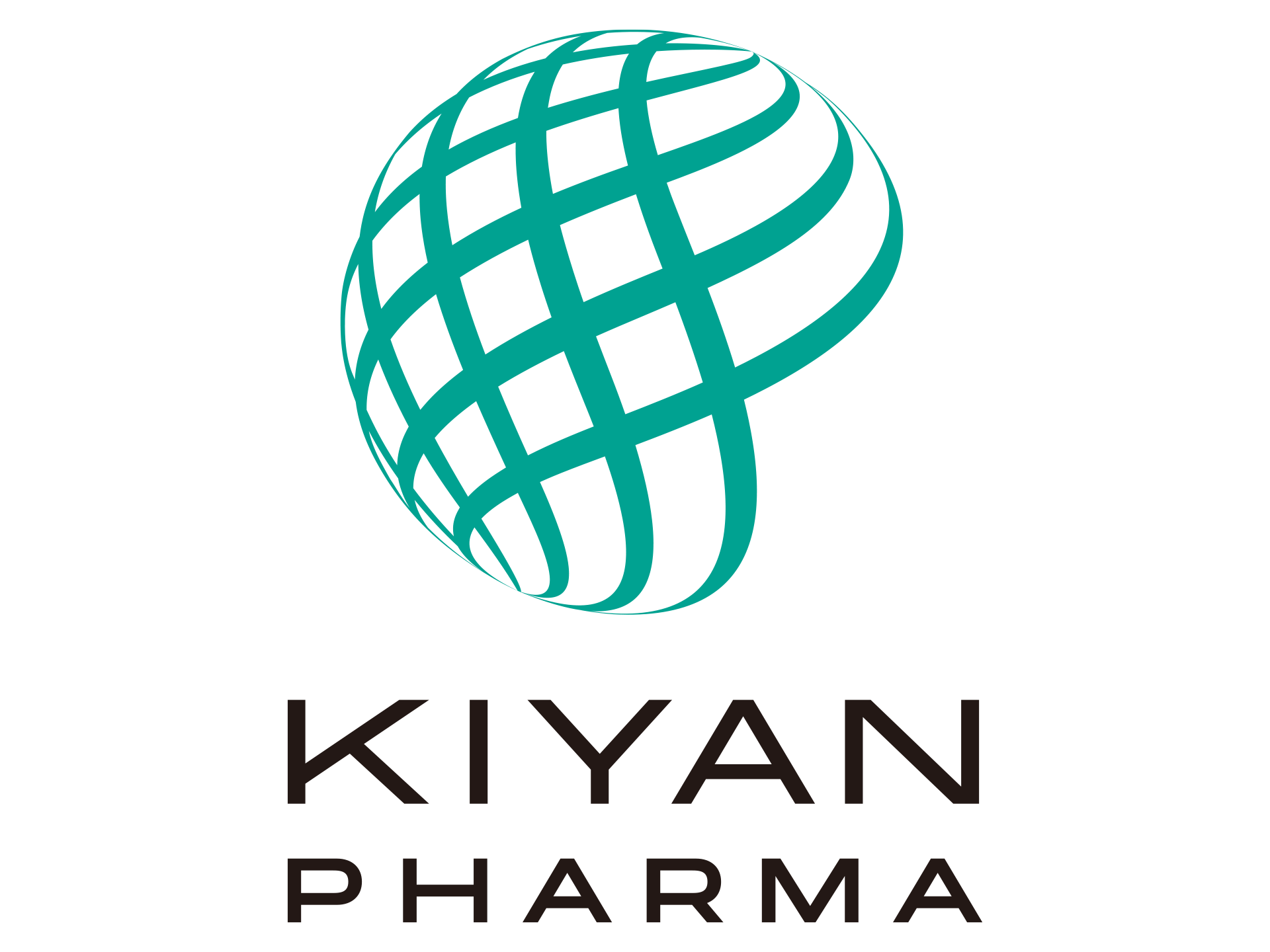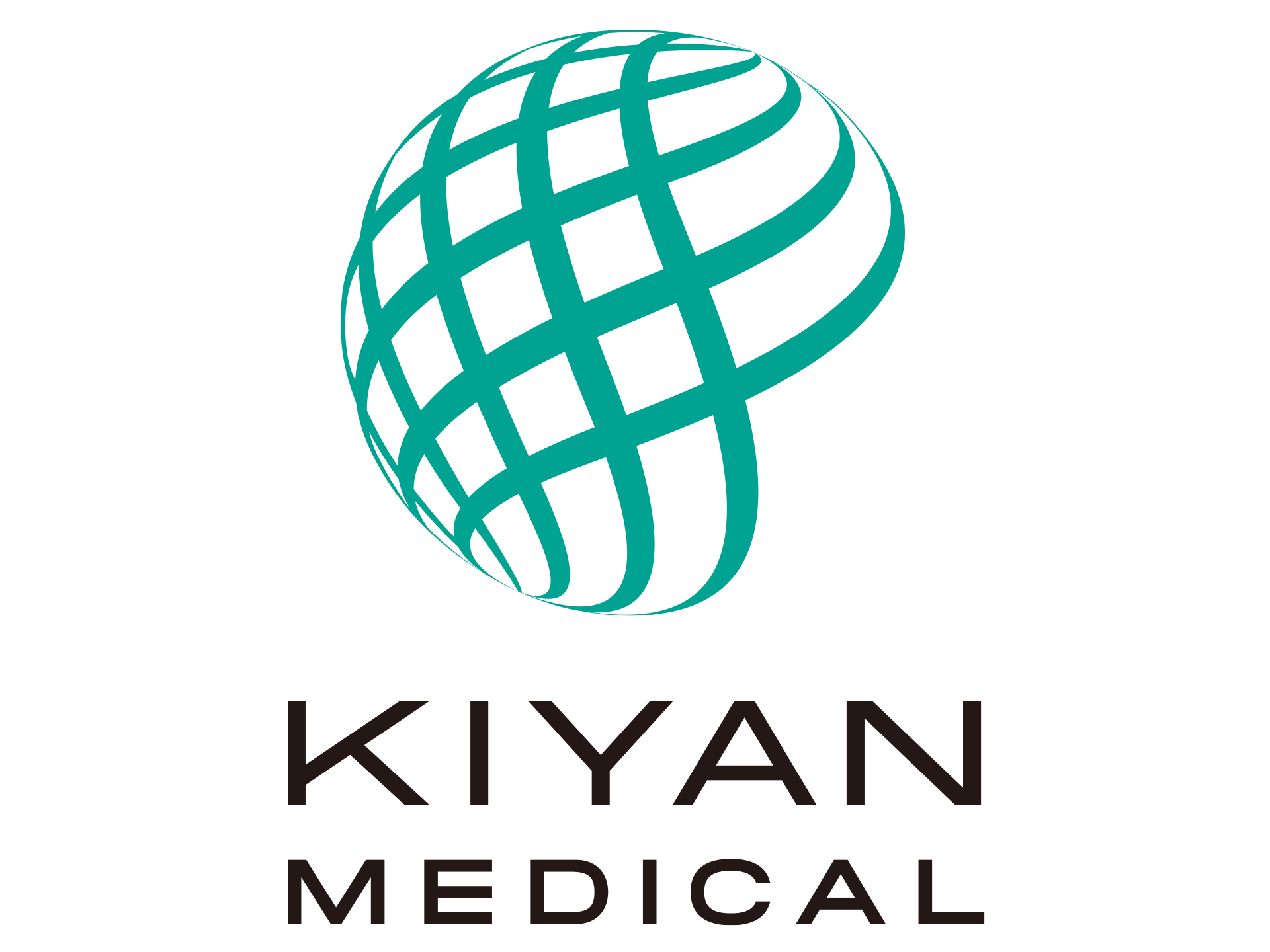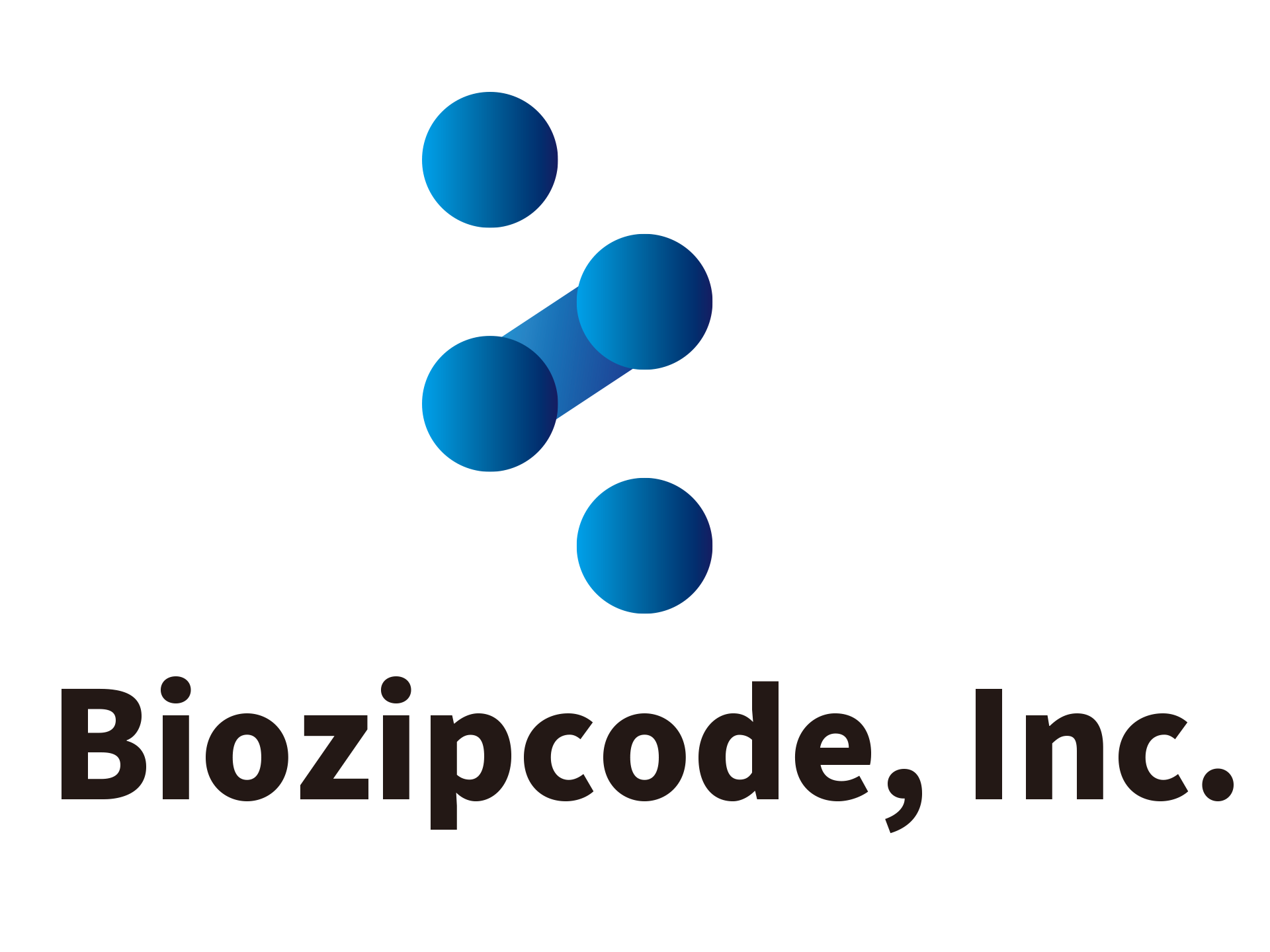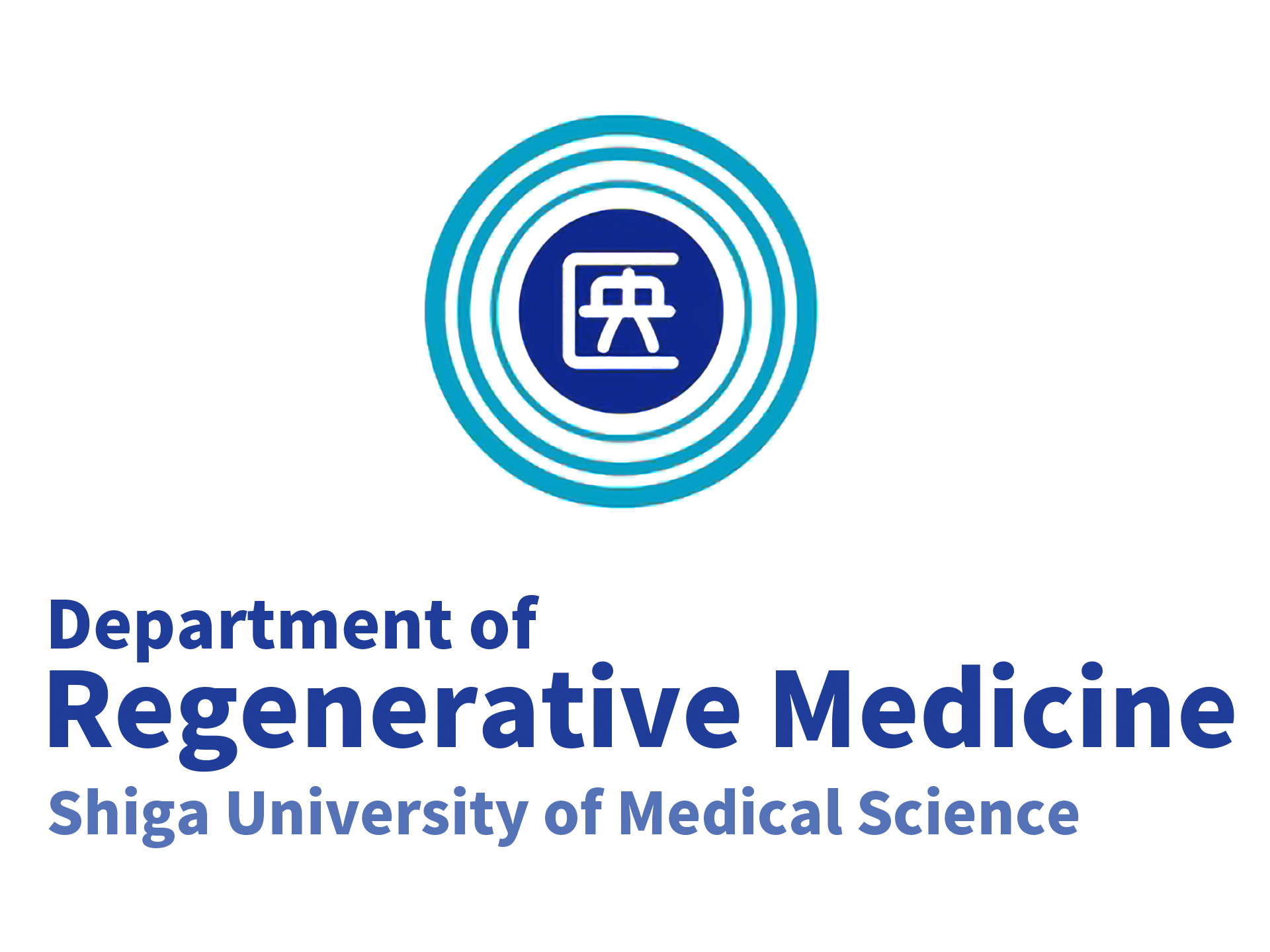
Development of Diabetes Cure Drugs
Our goal is to fundamentally cure diabetes. Current treatments focus on managing blood glucose levels but do not cure diabetes or its complications. Therefore, we begin by identifying specific cells that cause diabetes and developing new diagnostic drugs. We then proceed to develop drugs that can completely cure diabetes.
Our aim is to find and actually implement a real cure for diabetes.
Global Diabetes Population
537 Million People Living with Diabetes Worldwide
Diabetes is rapidly increasing worldwide. In 2000, 4.6% of adults globally, about 151 million people, had diabetes. Today, this has risen to 10.5%, approximately 537 million people. If this trend continues, it is projected that about 643 million people will have diabetes by 2030, and about 783 million by 2045. This means that over 1 in 10 adults worldwide, and in some countries 1 in 5, will have diabetes. This is a significant and growing issue.
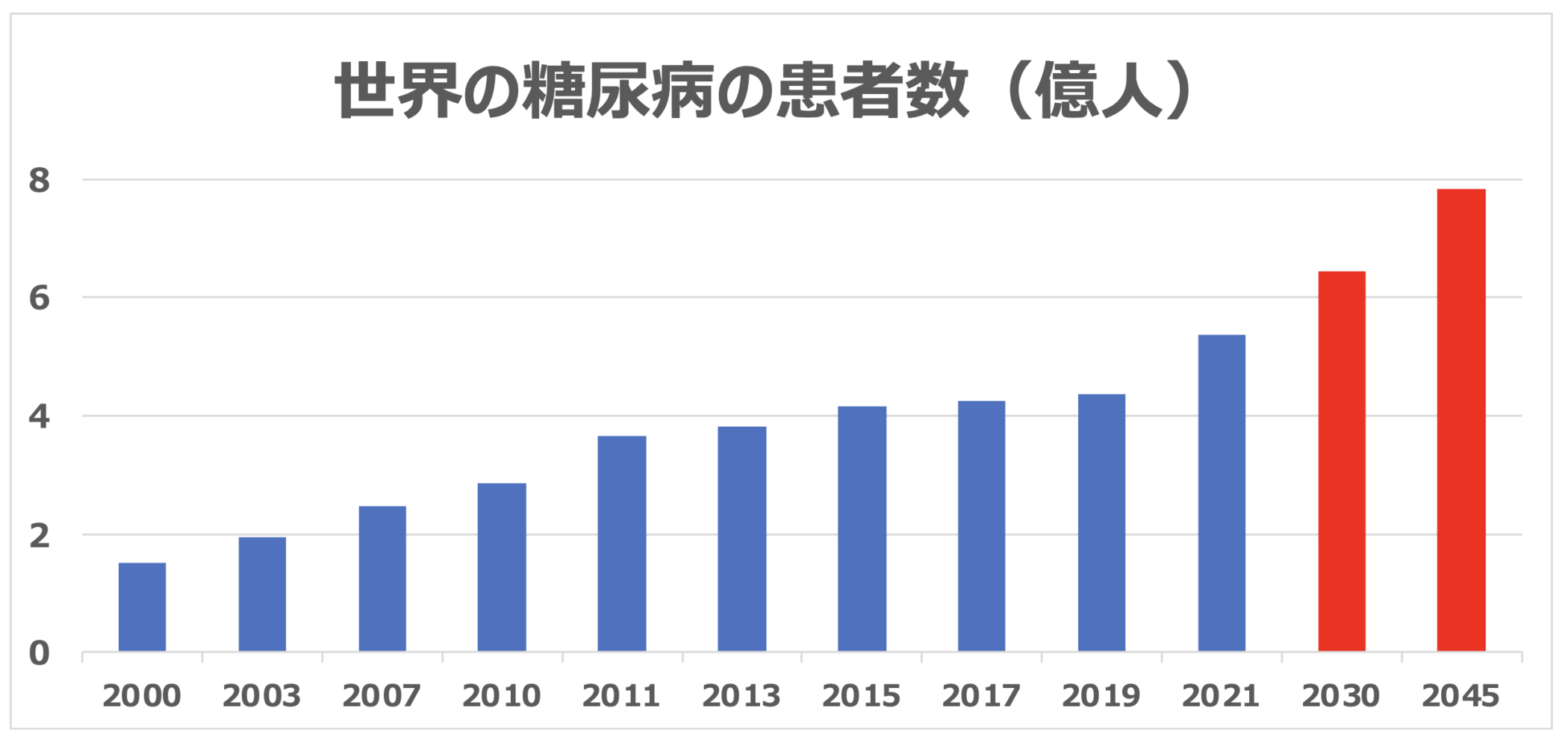
Diabetes Cure Drugs
Diabetes Is a Disease That Does Not Heal Once Developed
Currently, diabetes is a disease that is difficult to cure, requiring long-term blood glucose management and dealing with the risk of complications. However, developing drugs that aim to cure diabetes holds the potential to improve patients’ quality of life and fundamentally solve these problems.
We are engaged in the research and development of diabetes cure drugs. This new treatment method aims to improve patient health, reduce medical costs, and lessen the socio-economic burden. Diabetes is a global health issue, and solving it brings many benefits.
Our goal is to provide innovative solutions to the long-standing medical challenge of diabetes. Through cutting-edge research and patient-centered approaches, we continue our efforts to bring new hope to diabetes patients.

Social Implementation of Research Results
Discovery That Diabetes Can Be Cured
The laboratory led by Scientific Advisor Hideto Kojima has discovered that diabetes and its complications can be cured. This important achievement has been documented in research papers, demonstrating that diabetes can be put into remission through treatment.
It was found that the cause of diabetes lies in the abnormality of hematopoietic stem cells in the bone marrow, which persists due to high blood glucose levels. To solve this issue, specific drugs can remove these abnormal cells, leading to a cure.
The question of why diabetes is difficult to cure was answered: high blood glucose causes abnormal HDAC expression in hematopoietic stem cells, disrupting the function of various organs. To address this, HDAC inhibitors effectively act to eliminate abnormal cells, making treatment possible.
*This research demonstrated that oral or intravenous administration of drugs can completely cure diabetes and its complications in STZ model mice.
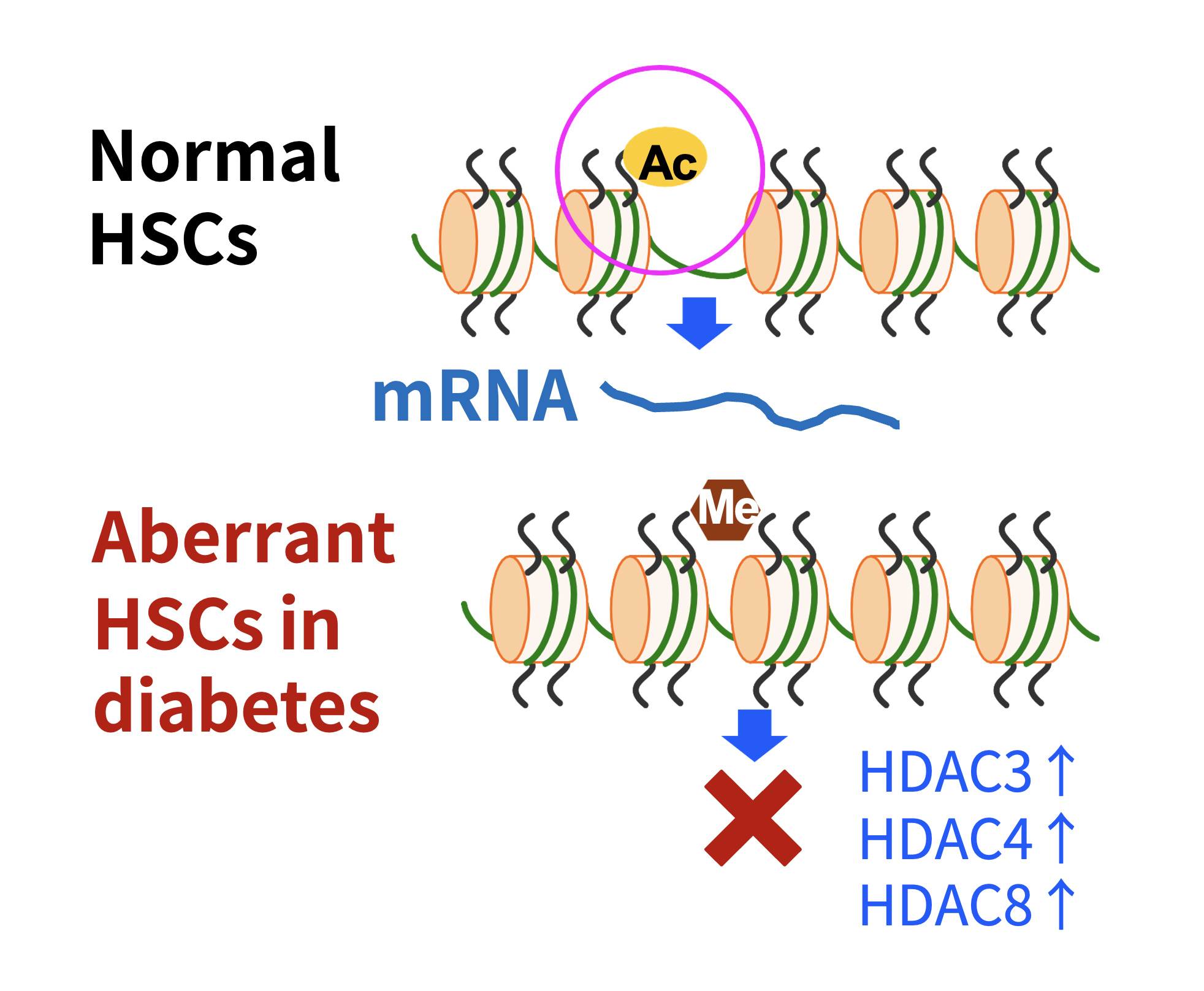
Presentation
Complete Remission of Diabetes in Mice by Removing “Diabetes Stem Cells”
Researchers discovered that specific abnormal hematopoietic stem cells, called “diabetes stem cells,” hinder the regeneration of islets in mice, making diabetes treatment difficult. By combining insulin and HDAC inhibitors, these “diabetes stem cells” were removed, resulting in the complete remission of diabetes.
Discovery of the Cause of Diabetes
Abnormal cells causing diabetes and its complications discovered in hematopoietic stem cells.
Developing companion diagnostic drugs to diagnose diabetes based on the presence of diabetes stem cells in peripheral blood.
Biozipcode (Cell Targeting Technology)
An innovative system for delivering drugs exclusively to specific cells in the body.
Development of new drugs using Biozipcode and reuse of drugs previously unusable due to side effects.
Development of materials for tissue regeneration that can engraft onto tissues without needing transplants or sutures.

